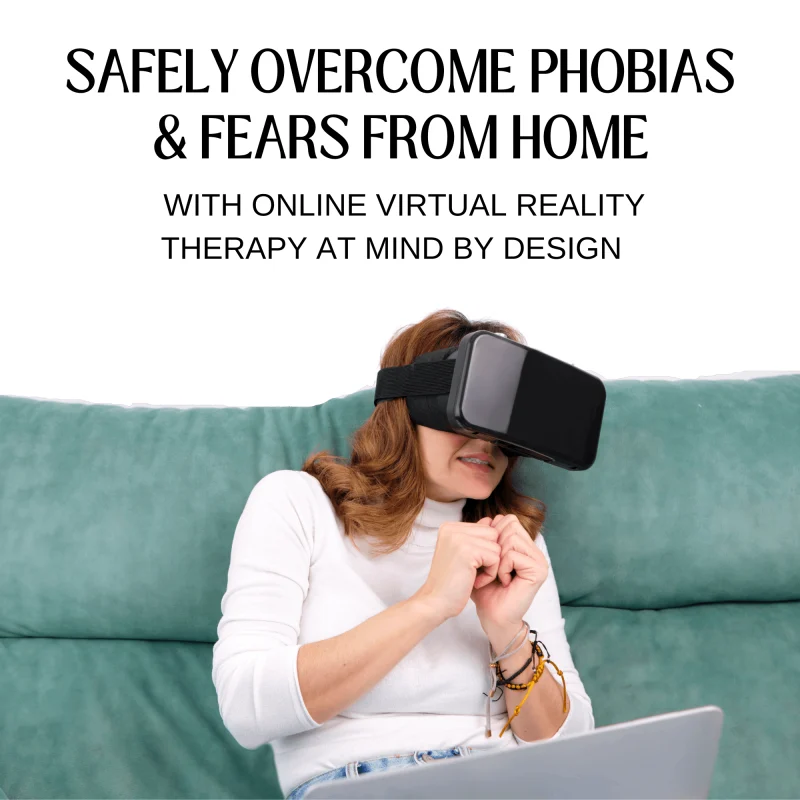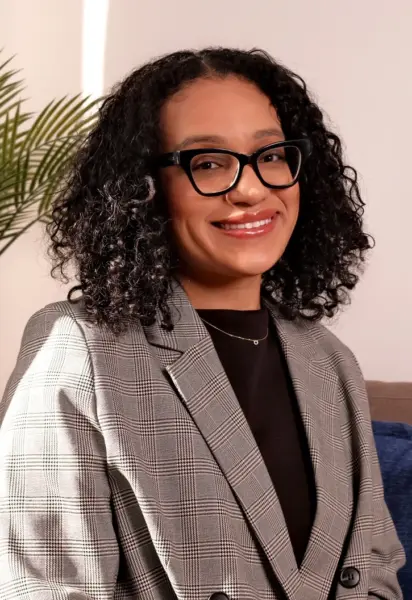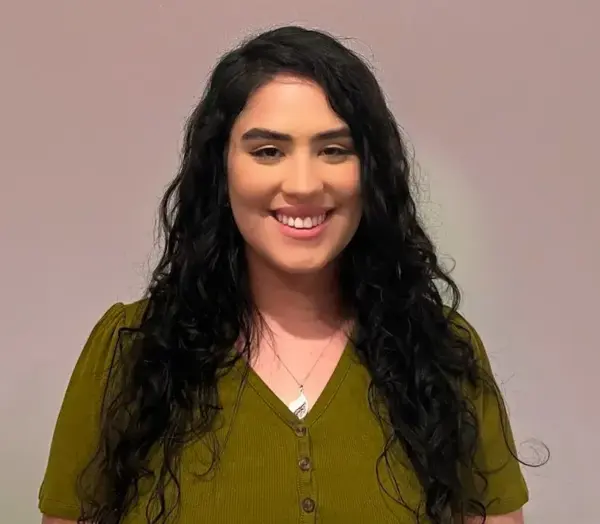Exposure Therapy in New Jersey
Build Confidence, Overcome Fear
Exposure Therapy can help you overcome Phobias, PTSD, Panic Attacks, Anxiety and OCD with help from our highly trained exposure therapists in New Jersey

How Exposure Therapy Works
Exposure Therapy is a type of therapy that helps people gradually face their fears in a safe, controlled way, so they can build confidence and reduce anxiety over time.
1. Spot the triggers.
The first step is figuring out the exact situations, thoughts, or sensations that set off anxiety.
2. Map out a plan.
Together we outline a clear, step-by-step exposure strategy that fits the person’s symptoms, goals, and pace.
3. Start small and build up.
We begin with situations that feel manageable, then move toward harder ones as confidence grows.
4. Use coping tools during practice.
Skills like slow breathing, grounding, and flexible thinking help keep anxiety at a level that is workable instead of overwhelming.
5. Strengthen tolerance over time.
Repeated practice helps the brain learn that the feared situation is not dangerous, which reduces the intensity of the fear.
6. Monitor what changes.
We check in often, track responses, and adjust the plan so it stays effective and realistic.
What to Expect During Exposure Therapy in New Jersey
1. Initial Assessment
We talk through your fears, triggers, and goals so we understand what needs attention.
2. Learn About Anxiety
You get clear information about why your body reacts the way it does and how exposure helps retrain those reactions.
3. Make a Plan
We outline a gradual exposure plan that moves from easier situations to harder ones at a pace that feels steady and safe.
4. Start Small
We start with tasks that bring up mild discomfort before moving to more challenging exposures.
5. Build Tolerance
You practice grounding, breathing, and mindfulness skills so you can manage your reactions during exposures.
6. Repetition & Practice
You complete exposure exercises in everyday settings to reinforce what you learn in therapy.
7. Review progress
We check what improved, talk through any roadblocks, and adjust the plan so it keeps working for you.
8. Build Confidence
Over time, repeated practice reduces fear, helps you approach things you once avoided, and strengthens your ability to handle stress.
What We Treat with Exposure Therapy in New Jersey
The Difference between Exposure Therapy & ERP
Exposure Therapy
Exposure Therapy is used broadly—not just for OCD, but also phobias, social anxiety, PTSD, and more. Clients intentionally faces what they fear without avoiding or escaping. Over time, anxiety naturally decreases through two main processes:
Habituation: The fear response fades just by being exposed long enough, like how a loud noise feels less jarring after a while.
Extinction: The brain learns the feared thing isn’t actually dangerous because the bad outcome doesn’t happen.
ERP
ERP specifically targets mental and behavioral compulsions in OCD. After exposure to a fear trigger (e.g., touching a doorknob), the person is prevented from performing the usual compulsion (like hand-washing). This helps break the cycle of obsessive fear and compulsive relief.
In regular exposure therapy (like for a phobia), there’s no compulsive behavior to prevent—the goal is just to reduce fear. But in OCD, not doing the compulsion is essential for retraining the brain.
Read More About Exposure Therapy in New Jersey
Frequently Asked Questions
about Exposure Therapy in New Jersey
Where are you located? I need a therapist near me
We are fully online, which means that your therapy sessions will be help via video call on our HIPAA compliant Platform. Anyone in New Jersey can access our therapy services
How do I get started as a new client?
New Clients can reach out to us directly via call, text or email here:
Does my insurance cover my visits?
We provide”Courtesy Billing” for clients who are using the Out-of-network insurance benefits.
Our Insurance Page might answer your questions about your insurance information, cost and OON coverage.
What are out-of-network benefits?
Visits our FAQ About Insurance to learn more about OON coverage for mental health services. We can also check your benefits for you. When using OON benefits, patients typically pay the full cost of the treatment upfront and then file a claim with their insurance company for reimbursement.
Is Online Therapy As Effective As In-Person Therapy?
Online therapy is essentially face-to-face counseling, just conducted remotely. Studies show that tele-therapy is as effective as traditional counseling. Professional organizations and state governments recognize its benefits and have set regulations for it. However, like any therapy, its success in achieving your goals isn’t guaranteed. It’s important to discuss with your therapist whether tele-therapy is working for you.
How Should I Prepare for My First Session?
Showing up is all that you need to do! But if you really want to get the most out of session, it could help to take some time to think about what you want from therapy. It helps to write down your goals, questions you have or things that you feel are important to share.
Do you offer traditional talk therapy?
of course! though we have some unconventional therapy approaches, we are rooted in evidenced based practices. Talk therapy is a major player in the therapy room! See What we Treat and Integrative Services for more information
Is Virtual Counseling Suitable for Everyone?
Online therapy might not be as effective for individuals with chronic suicidal thoughts, severe trauma, significant mental health history, or those recently in intensive care. Such cases often benefit more from traditional, in-person counseling. We’ll help you decide if our online services are right for you during your intake and evaluation.
Can I Change Therapists If I'm Not Happy?
Yes, you can switch therapists to another provider within the practice, or we can provide you a referral if preferred. We want to ensure that your time and effort are well spent, and that you are getting the relief you need, that’s why we work collaboratively with each other in the practice, as well as outside therapists who we know and trust.
How Do I Know If Therapy Is Helping?
You should feel like you’re making progress. Signs it’s working include:
- Feeling comfortable talking to your therapist
- Your therapist respects boundaries
- You’re moving towards your goals
- You feel listened to
You’re doing better in life - Your self-esteem is getting better
What is your cancellation policy?
We ask that clients provide at least 24 hours notice in the event that they need to cancel to avoid the 50% cancellation fee. we understand that life happens and do our best to be flexible & reschedule.
What Geographic Areas Are Served?
Currently, we serve clients in New Jersey and are expanding to other states as telehealth laws evolve. While telehealth offers the convenience of attending sessions from anywhere, state laws require clients to be in-state during their session.
Is Online Therapy Easy to Use for Non-Tech-Savvy People?
Yes, it’s pretty simple to access sessions. You’ll need basic internet skills, such as opening and visiting the patient link sent to you via email. It’s similar to video chatting like Facetime or Zoom. We can also walk you through it on the phone the first time to ensure a strong connection
What Questions Should I Ask My New Therapist?
Feel free to ask anything. Some good questions are:
- How often will we meet?
- What do you specialize in?
- What experience do you have with my issue?
- What outcomes can I expect?
- How will I know I’m progressing?
- How long do you usually work with clients?
- How will we set my treatment goals?
What is the difference between associate therapists & fully licensed therapists?
Our Qualifications:
Our founder, Rebecca Sidoti, is a highly qualified, state-licensed therapist and supervisor with extensive training in anxiety related disorders and innovative treatment such as Ketamine Therapy. Mind by Design Counseling adheres to standards set by the our governing counseling boards.
To see each providers credentials, training and licenses, visit our “Meet the Therapists” Page to learn more.
- LAC/LSW are therapists who may practice clinical work under the supervision of a fully licensed therapist.
- LPC/LCSW are therapists who have completed the necessary clinical hours post-graduation under supervision and can practice clinical work independently.











